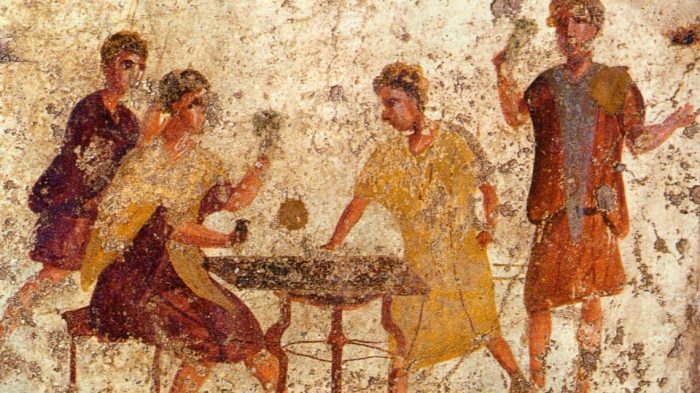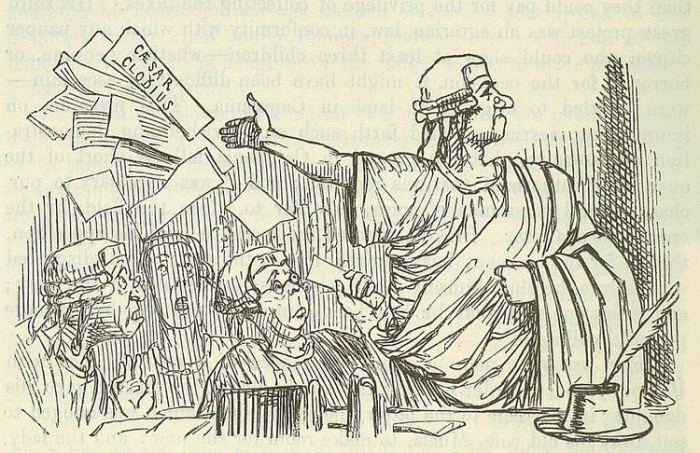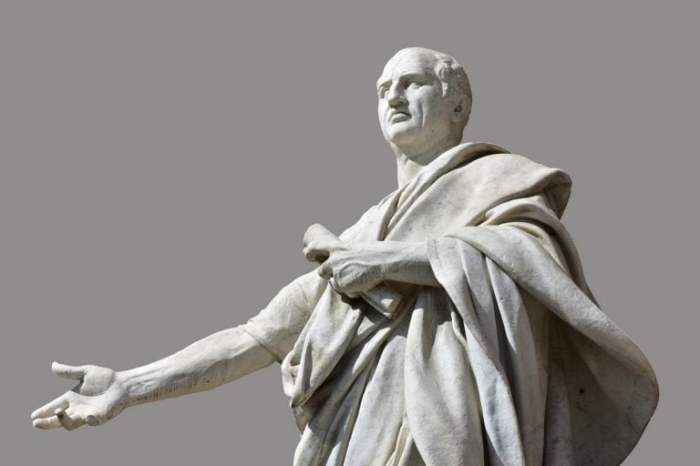O tempora o mores orator, a phrase echoing through the annals of history, stands as a testament to the enduring power of rhetoric. From its humble origins to its contemporary applications, this evocative expression has captured the essence of human emotions, swaying audiences and shaping the course of events.
Throughout time, o tempora o mores orator has served as a beacon of eloquence, illuminating the depths of human experience. It has been wielded by orators to express outrage, lament, and inspiration, leaving an indelible mark on literature, art, and popular culture.
Historical Context

The phrase “o tempora o mores” has its roots in ancient Rome. It is a Latin expression that translates to “O the times! O the customs!” It was commonly used by Roman orators and writers to express their dismay or disapproval of the moral decline they perceived in their society.
The phrase first appeared in the writings of the Roman playwright Terence in the 2nd century BC. However, it gained widespread popularity during the late Roman Republic and early Roman Empire. This was a period of significant social and political upheaval, marked by civil wars, corruption, and the rise of autocratic rulers.
Examples of Historical Events
Some of the historical events that may have influenced the usage of the phrase “o tempora o mores” include:
- The assassination of Julius Caesar in 44 BC, which plunged Rome into a period of civil war.
- The rise of the Roman Empire under Augustus Caesar, which was accompanied by a decline in traditional Roman values and an increase in luxury and extravagance.
- The reign of Nero, who was known for his cruelty and debauchery.
Rhetorical Significance: O Tempora O Mores Orator

The phrase “O tempora, o mores” serves as a powerful rhetorical device, employed to express a sense of dismay and lament over the perceived decline of societal values and morals. Its rhetorical purpose is multifaceted, allowing orators to convey a range of emotions and effectively persuade their audiences.
Even in the times of great orators like Cicero, people complained about the decline of morals. Today, we might lament the lack of hub drains in our homes, but at least we have hub drains for our sinks. Perhaps, o tempora o mores, our priorities have shifted, but the need for effective drainage remains the same.
Expression of Emotions
The phrase is often used to express feelings of shock, disappointment, and sorrow over the perceived deterioration of society. By uttering these words, speakers can convey their deep concern about the erosion of traditional values, the rise of corruption, and the decline of civic virtue.
The phrase serves as a poignant lament for a bygone era, expressing a sense of nostalgia and regret.
Persuasive Power
Beyond expressing emotions, “O tempora, o mores” is also a powerful tool of persuasion. By invoking the authority of the past and appealing to shared values, orators can use the phrase to rally their audiences against perceived societal ills. The phrase can serve as a call to action, urging listeners to work towards restoring moral standards and upholding the values that have been lost.
Common Themes and Sentiments, O tempora o mores orator
The phrase “O tempora, o mores” is often associated with the following themes and sentiments:
- Decline of societal values:The phrase is used to express concern about the erosion of traditional moral standards, such as honesty, integrity, and respect.
- Rise of corruption:The phrase can be used to denounce the prevalence of corruption in society, particularly in politics and business.
- Loss of civic virtue:The phrase is often employed to lament the decline of civic engagement and the loss of a sense of community.
- Nostalgia for the past:The phrase can evoke a sense of longing for a bygone era, when society was perceived to be more virtuous and moral.
Literary and Cultural Impact

The phrase “O tempora, o mores” has left an enduring legacy in literature and popular culture. Its evolution reflects changing societal attitudes and interpretations.
Initially, the phrase conveyed a sense of despair and moral decline. However, over time, it has been adapted to express a range of emotions, including frustration, disappointment, and resignation.
Notable Uses in Literature
- Cicero:Used the phrase in his speeches to denounce political corruption and social decay.
- Shakespeare:In “Julius Caesar,” Brutus quotes the phrase as he laments the fall of the Roman Republic.
- Mark Twain:Used the phrase in his novel “The Gilded Age” to satirize American society.
Adaptations in Art and Popular Culture
- Painting:The phrase has been depicted in paintings, such as Thomas Couture’s “Romans of the Decadence” (1847), which portrays the moral decay of the Roman Empire.
- Film:The phrase has been used in film titles, such as the 1963 Italian film “O Tempo e o Vento” (Time and the Wind).
- Music:The phrase has been referenced in songs by artists such as Bob Dylan, U2, and The Beatles.
Modern Applications

The phrase “O tempora, o mores” continues to resonate in contemporary society, reflecting the enduring human tendency to lament the perceived decline of values and morals.
In current events, political discourse, and social commentary, the phrase is often used to express dismay or disapproval over perceived social ills, such as corruption, injustice, or a perceived decline in public morality.
Usage in Current Events
- Political commentators may invoke the phrase to criticize the actions of politicians or government officials who they believe have violated ethical or moral standards.
- News outlets may use the phrase in headlines or articles to convey a sense of shock or outrage over events such as mass shootings, natural disasters, or other tragedies.
- Social media users may employ the phrase in posts or comments to express their disapproval of certain behaviors or trends, such as cyberbullying, hate speech, or the spread of misinformation.
Clarifying Questions
What is the meaning of o tempora o mores orator?
O tempora o mores orator translates to “O the times, O the morals, orator.” It is a phrase expressing dismay or disapproval, often used to lament the decline of moral standards.
Who first used the phrase o tempora o mores orator?
The phrase is attributed to Roman orator Cicero, who used it in his first Catilinarian Oration in 63 BC.
How is o tempora o mores orator used in modern contexts?
The phrase is still used today to express dismay or disapproval, particularly in political discourse and social commentary.